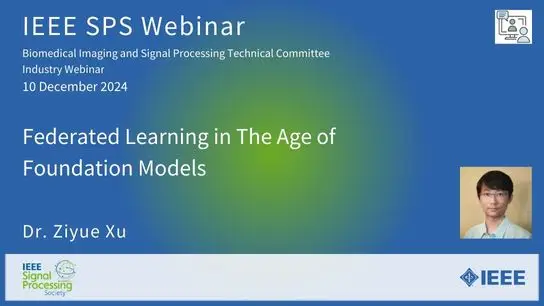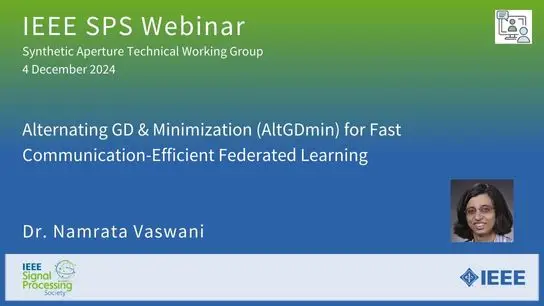Slides: Deep Generative Models for Bayesian Imaging
AmirEhsan Khorashadizadeh
-
Members: FreeSPS
IEEE Members: $11.00
Non-members: $15.00Pages/Slides: 51
03 Jul 2024
Most deep learning models for computational imaging generate a single reconstructed image from the given measurements. In practice, however, ill-posedness, nonlinearity, model mismatch, and noise often conspire to make such point estimates misleading or insufficient. The Bayesian approach models images and (noisy) measurements as jointly distributed random vectors and aims to approximate the distribution of possible solutions, the posterior distribution. By accessing the posterior distribution, we can generate multiple solutions leading to different scientific interpretations and enabling uncertainty quantification to pinpoint the regions reconstructed with low confidence. In this work, we propose an efficient Bayesian framework based on injective neural networks specifically designed for ill-posed inverse problems. We show that the proposed framework can efficiently learn the posterior distribution resulting in high-quality posterior samples and a physically meaningful uncertainty quantification. We develop this Bayesian framework for various imaging problems including limited-view CT and nonlinear inverse scattering.


